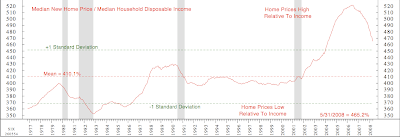Share-alike notion understood at 8 years old
Study shows that share-alike, without notion of reciprocity, is ingrained in 8 years old. Reciprocity is a self-centered notion, that maximizes individual gain. Here an experiment was conducted where kids had to share candy with an anonymous person, not present in the room and it was a one time thing. From Nature : A notable result was a change to other-regarding behaviour with age: younger children (3–4 years old) were mostly self-centred, whereas the older children (7–8 years old) were concerned with equality — within their group, that is. Interestingly, this developmental pattern is different from that of another form of altruism, namely 'instrumental helping'. Human infants as young as 14–18 months readily help others do such things as fetch or stack objects, or open cabinets7. For this kind of helping there is direct evidence that infants are not influenced by external rewards, and indeed our nearest primate relatives sometimes help others achieve their goals as well7, ...




